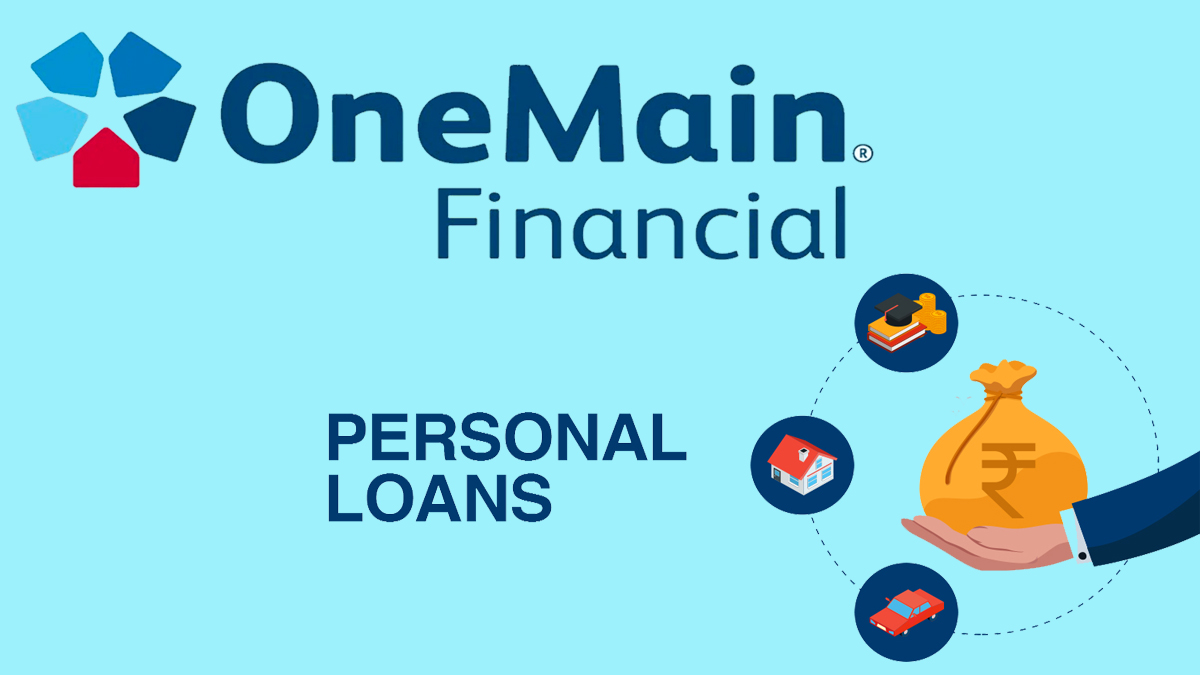An interest-only mortgage is a type of mortgage that allows an individual to pay only the interest on his or her loan for a specific period of time. When you pay only the interest on the first several years of your loan, you are likely to pay lesser monthly payments for the remaining part of your loan.

Although a lot of people like the option of an interest-only mortgage, it is important to understand how they work and the downsides attached. To get valid information on how interest-only mortgages work, read to the end of this article.
How Do Interest-Only Mortgages Work?
An interest-only mortgage provides you with the opportunity to pay just the interest at a fixed or adjustable rate in the process of taking out a loan from any lending institution. The interest rate is almost similar to the rates of conventional loans or traditional programs, but the only difference is that you are not paying any principal, but the initial payment will be lower.
While you are required to pay the interest on the loan first, you can still decide to pay your principal during the loan period. There’s no harm in doing that. If you wish to, you can refinance after the interest-only period is over, but be aware that there are fees attached to refinancing.
Furthermore, at the end of the initial loan period, the borrower is expected to repay the principal either in monthly payments or at a go. If you make a balloon payment for your interest, it is often higher, so we recommend that you pay it monthly. But whichever one suits you, it is applicable.
Most importantly, we encourage you to work hand in glove with your lender in order to get a better understanding of how interest-only mortgages work. Ensure to review the terms and payment options provided by the lender before taking out the loan.
How Do I Qualify for an Interest-Only Mortgage?
Since the housing and financial crisis of the mid-2000s, getting interest-only loans has been quite difficult for a lot of people. There are a minimal number of lending institutions that offer interest-only loans, and various banks have implemented stricter requirements to qualify for this type of loan.
If you have a good credit score, you may be able to get an interest-only loan from traditional banks. However, you will only qualify if you meet any of these criteria:
- You must have a credit score of 700 or above.
- Have solid proof of your future earning potential.
- Must have a debt-to-income (DTI) ratio of 43 percent or less.
- Borrowers must be willing to make a down payment of 20 percent or more.
In addition, to qualify for an interest-only mortgage, you should have proofs of assets that can be used as collateral. The eligibility criteria for an interest-only loan vary, which means that it depends on the lending institution you wish to take out the loan from.
Pros of an Interest-Only Mortgage
Interest-only mortgages feature a lot of benefits, and they are mostly sought after for the following reasons:
- It has a lower rate, unlike a fixed mortgage.
- The initial monthly payments are usually lower.
- Interest-only mortgages are paid off faster than most conventional loans.
- It could help you get a pricier home.
- Also, an interest-only mortgage has the tendency to increase your cash flow.
Cons of an Interest-Only Mortgage
Although an interest-only mortgage makes financial sense to some borrowers, it is important to consider the downsides of this type of loan. Some of the cons of an interest-only mortgage include the following:
- Temporary low payment schedule.
- The interest rate has a tendency to go higher.
- You will not be able to build equity in your home, which could lead to a decrease in its value.
- You can also lose the existing equity accumulated from your payment.
Let me explain the last point: if the value of your home reduces, it would cancel out the equity you had from the initial payment you made. In addition, if you lose equity, it would be difficult to refinance your loan.
The most important thing when taking out an interest-only mortgage is to consider the disadvantages alongside the benefits it has to offer. This would enable you to make informed choices about whether you should proceed with taking out the loan or not.
FAQs
How can I use an interest-only mortgage calculator?
An interest-only mortgage calculator is easy to use, and it helps to give you a breakdown of what your payments will look like in the first few years. You can use an interest-only mortgage calculator to get an estimate of the interest you are paying.
Can I change to an interest-only mortgage?
Of course, you can switch and refinance a traditional loan to an interest-only mortgage. Most people consider this option because it is one of the best ways to free up money that can be used towards future expenses and short-term investments.
How will you be able to change to an interest-only mortgage? All you have to do is meet the requirements similar to those when you are applying for first-time interest-only loans.
Please note that the eligibility requirement for changing to an interest-only mortgage differs; some lenders may have other qualifying standards. Therefore, it is important to review the eligibility criteria of your lender to confirm if you qualify for this.



